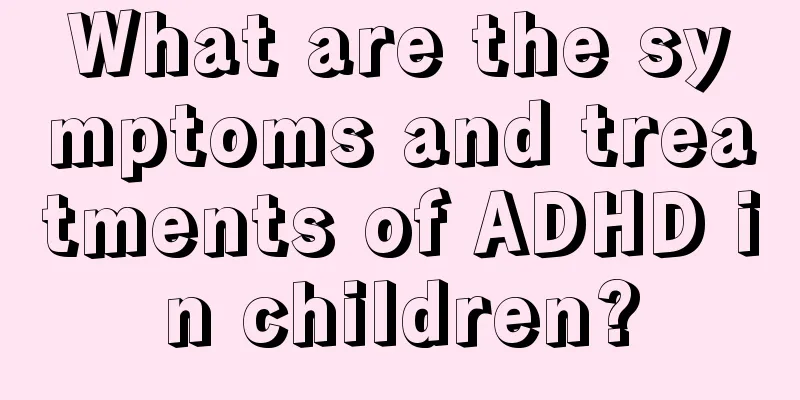Corpus callosum atrophy

|
The corpus callosum is very important to our human body. We should focus on protecting the corpus callosum to prevent some serious consequences, which may lead to some special diseases. There are some problems with the corpus callosum, such as corpus callosal atrophy. Some people may not understand the specific meaning of corpus callosal atrophy, which should be treated. So what does corpus callosal atrophy mean? Agenesis of the corpus callosum is a rare disease in children. Hypoplasia of the corpus callosum may result in mild intellectual disability, mild visual impairment, or crossed tactile localization disorder. In severe cases, mental retardation and epilepsy may occur. Increased intracranial pressure may occur due to hydrocephalus. Infants often present with spasms and pyramidal tract signs. Dysgenesis of the corpus callosum (DCC) is a congenital brain malformation that includes the partial absence of the corpus callosum or the complete absence of the corpus callosum and surrounding structures. There are no special clinical symptoms. Severe cases may cause intellectual disability, epilepsy, increased intracranial pressure, and even convulsions.Cause: The corpus callosum is the most important large collection of myelinated fibers between the two cerebral hemispheres, connecting the two cerebral hemispheres and forming the roof of the lateral ventricle. It is one of the forebrain unions arising from the original homeoplate. The corpus callosum forms between the 12th and 20th embryonic weeks. During the 7th to 10th week of embryogenesis, the dorsal side of the terminal plate becomes generally thickened, and a fusion mass is formed above it, which induces the axons of the cerebral hemispheres to grow from one side to the other, forming the corpus callosum.The earliest corpus callosum fibers can be seen in the embryo at embryonic day 74, and the corpus callosum is morphologically mature by embryonic day 115. If the union block fails to induce axons from one hemisphere to cross the midline to the contralateral hemisphere, the corpus callosum cannot form. The corpus callosum is divided into four parts: the mouth, knee, body and pressure part. Its development order is from front to back, which is exactly the opposite of its maturation order. Intrauterine infection, ischemia and other reasons in the early embryonic period can cause abnormal development of the anterior brain and result in corpus callosum deficiency. Late lesions can cause dysplasia of the splenium of the corpus callosum. The body and knee are often affected first, and the knee and pressure part may be affected at the same time, but the knee is rarely affected alone, which is only seen in holoprosencephaly. However, Barkovich (1988) believed that corpus callosum hypoplasia is due to damage to the precursor stage of corpus callosum formation, rather than occurring during the corpus callosum formation period. Corpus callosum dysgenesis also has a genetic basis. |
<<: What medicine should children take for anorexia
>>: How to judge whether the baby has bloating
Recommend
What are the symptoms of tooth decay in babies?
Many parents often encounter this problem: their ...
What to do if your child accidentally swallows chewing gum
The symptoms of children accidentally swallowing ...
What should I do if my four-month-old baby can't sleep well at night?
The baby is one of the most important members of ...
What to do if your baby has anorexia and picky eating
Many babies can eat a lot of the things they like...
How to treat sun jaundice
Jaundice is a common symptom in newborns. There a...
The best time to correct children's hunchback, experts will tell you
Every parent hopes that their children will grow ...
Why does the baby yawn and shed tears?
For a family, the baby's healthy growth is th...
Six month old baby cannot sit steadily
Six-month-old babies’ bodies are growing rapidly ...
Can sepsis in premature infants be cured?
Sepsis in premature infants is a very serious con...
Can the red birthmark on the back of a newborn's head be removed?
Birthmarks are very common and most people will h...
Treatment for red pimples on baby's body
There are many reasons why red bumps appear on ba...
Treatment for swollen eyes in children
Many children nowadays do not have as good resist...
Massage methods for children to enhance their immunity
Children's resistance is relatively poor, esp...
Tinnitus in adolescents but normal hearing
Many people may have experienced tinnitus in dail...
What is the treatment for encephalitis in children?
It is normal for children to have a headache or f...









